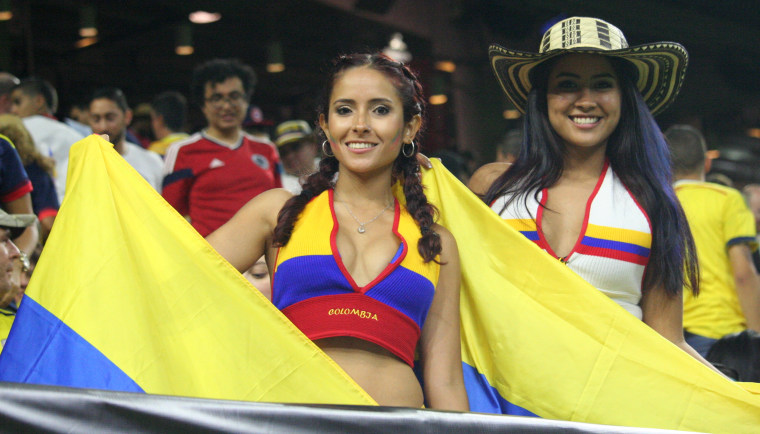What will the new year bring us in the world of fútbol? One thing is for certain: 2016 was quite the year and many Latinos shone in the world of soccer, or football, as the rest of the world calls it. The summer of 2016 saw a non-stop fútbol fiesta with the Copa América, Euro 2016, the International Champions Cup, the Champions League final and the surprising ending of the English Premier League season.
It was a memorable year for the sport, one that brought many highs and lows. As we look forward to another year, let's remember the Good, the Bad and the Ugly of 2016.
The Good
One major general phenomenon of world soccer, evident in the surfeit of tournaments in 2016, was the consolidation of globalization of the most popular sport. To be sure, soccer and globalization have gone hand in hand since the game’s rules were codified in 1863 in England, then an imperial powerhouse that spread the game to all four corners of the planet.
But what could be more emblematic of globalization than the staging of the Copa América, the oldest national team tournament in the world, taking place in the United States, a country which is a relative latecomer to the pastime? The sport is now thoroughly globalized, and there is no way back.
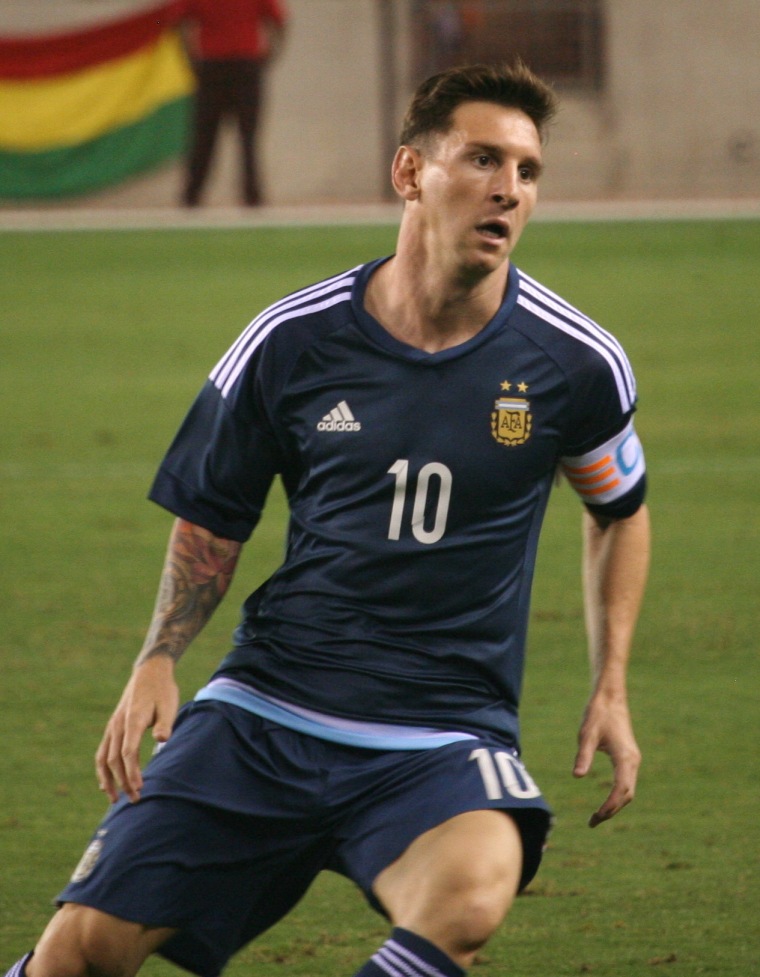
The 2016 Copa América Centenario, as it was billed owing to the one hundred-year anniversary of the cup, brought dozens of Latino luminaries of the game to the U.S. First and foremost, Leo Messi, arguably the most talented player in the world — and indisputably the most gifted Latino in the game—attracted thousands to American stadiums. He led Argentina’s group victories over Chile, Panama, and Bolivia.
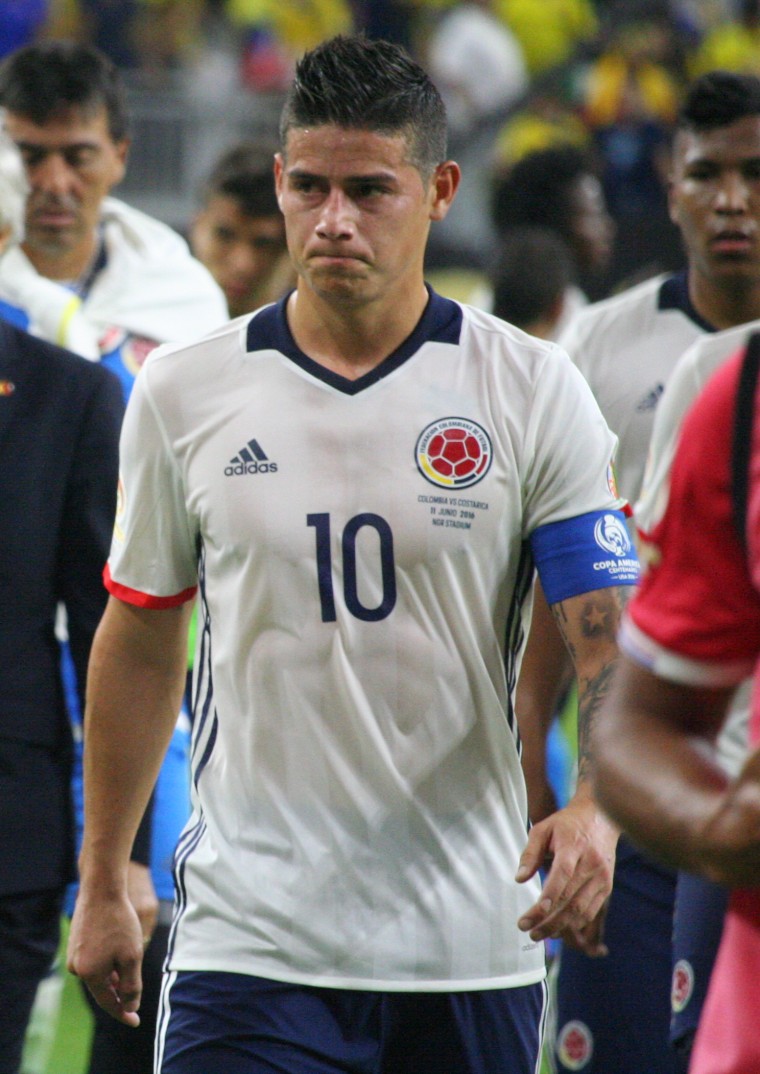
The stage seemed set for his triumphal ascent to his first major national-team championship. Alas, it was not to be. Alexis Sánchez, Eduardo Vargas, Claudio Bravo and the rest of the Chilean national team became the aguafiestas (killjoys) in a lackluster final that contrasted with the overall high quality of the tournament.
James Rodríguez of Colombia, Philippe Coutinho of Brazil, and Ezequiel Lavezzi of Argentina were some of the best players in a tournament that produced 91 goals in 32 games, an average of almost three goals per game. The average attendance was over 46,000, with US fans — many of them Latinos —- crowding stadiums from California, to Texas, and all the way to New Jersey.
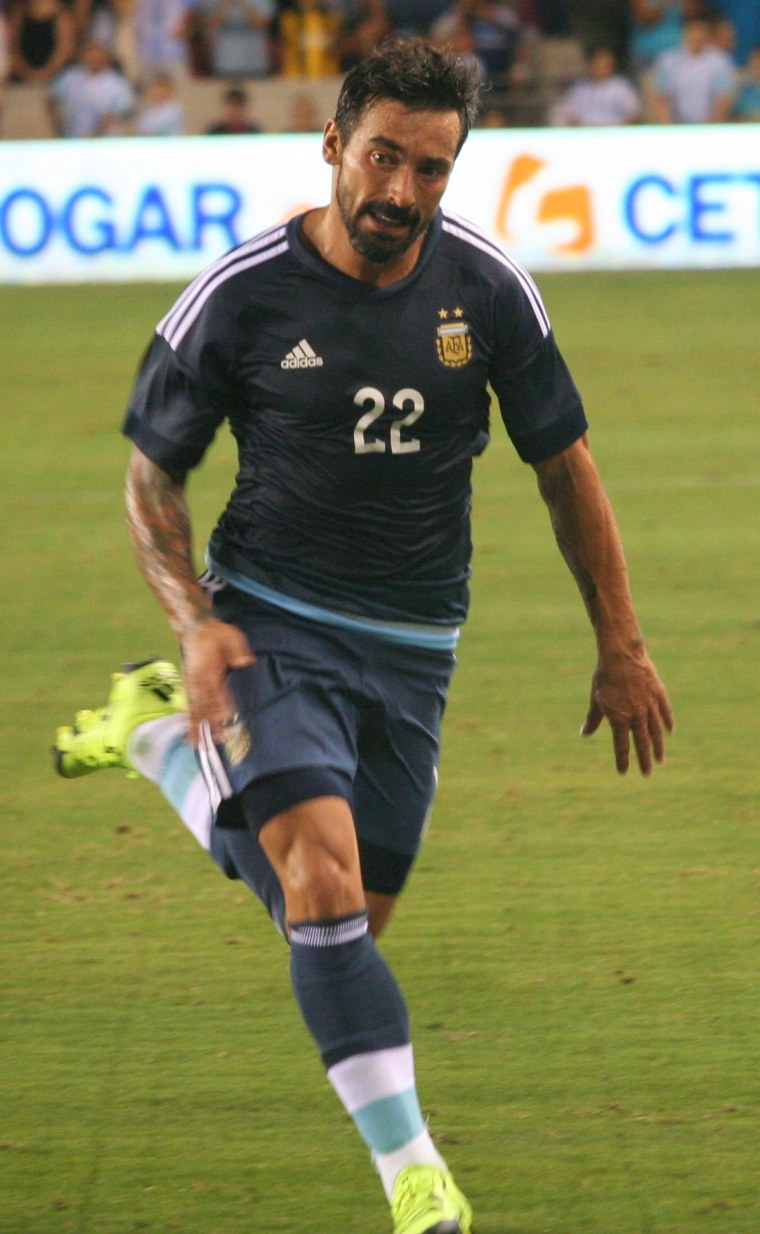
There cannot be any doubt that another high point of the year was the EURO France 2016, the European equivalent of the Copa América. For those who were present in the stadiums of Paris, Lyon, and Toulouse, among others, it was a superb spectacle. The overall quality of the actual football was perhaps a bit lower than that of Copa América.
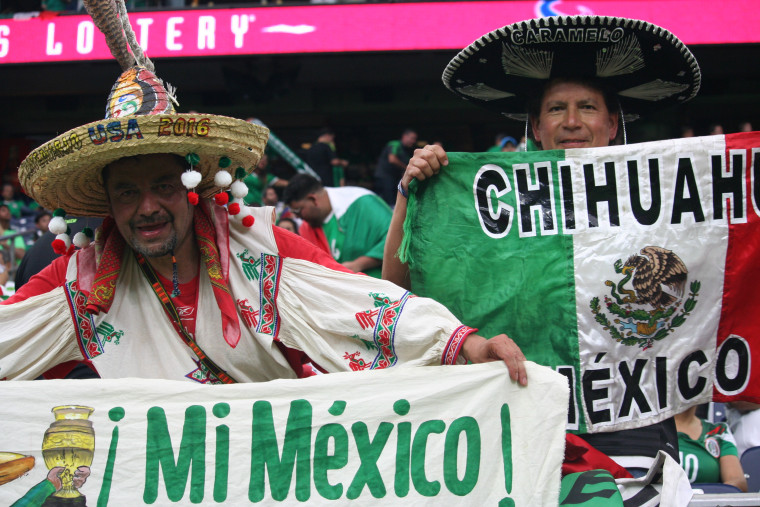
But Europe is now (still) the center of global soccer, in large part because the best Latin Americans players play there. Besides Messi, there are others such as Luis Suárez of Uruguay and Neymar of Brazil. Owing to the competitiveness that these Latinos bring to European football, players such as Wales’ Gareth Bale , who plays for Real Madrid, and France’s Antoine Griezmann, who plays for Argentinian coach Diego Simeone at Atlético Madrid, starred at EURO 2016.
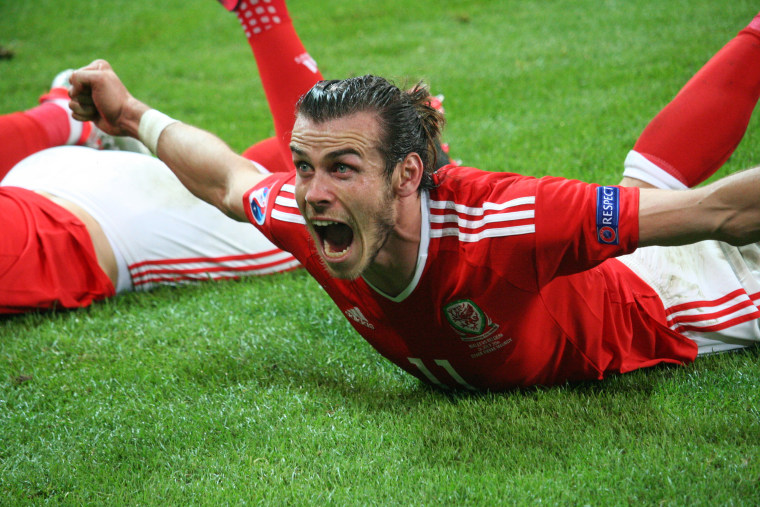
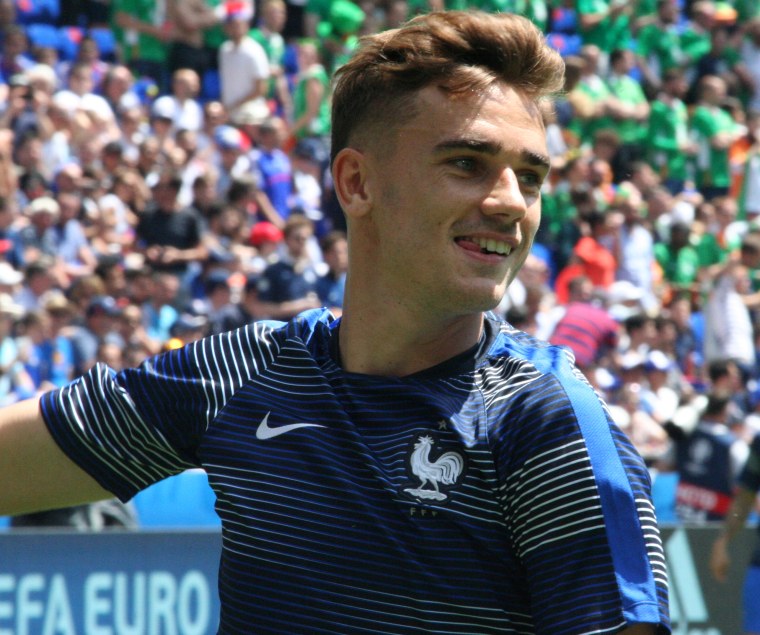
But the big winner for 2016 was, unequivocally, Cristiano Ronaldo. Our Latin “cousins” in Europe, the Portuguese, were the surprise winners of EURO 2016, led by CR7, as Ronaldo is known. Ronaldo is, arguably, no longer at his individual best (as when he tore through defenses playing for Manchester United in 2008).
However, his leadership and key contributions at critical moments for his teams, Portugal and Real Madrid, made him the undisputed world player of the year. His goals against Hungary and Wales, for instance, were crucial for Portugal’s success. Ronaldo underscored his number one status with an emphatic hat-trick in the final of the FIFA Club World Cup in Japan in December.
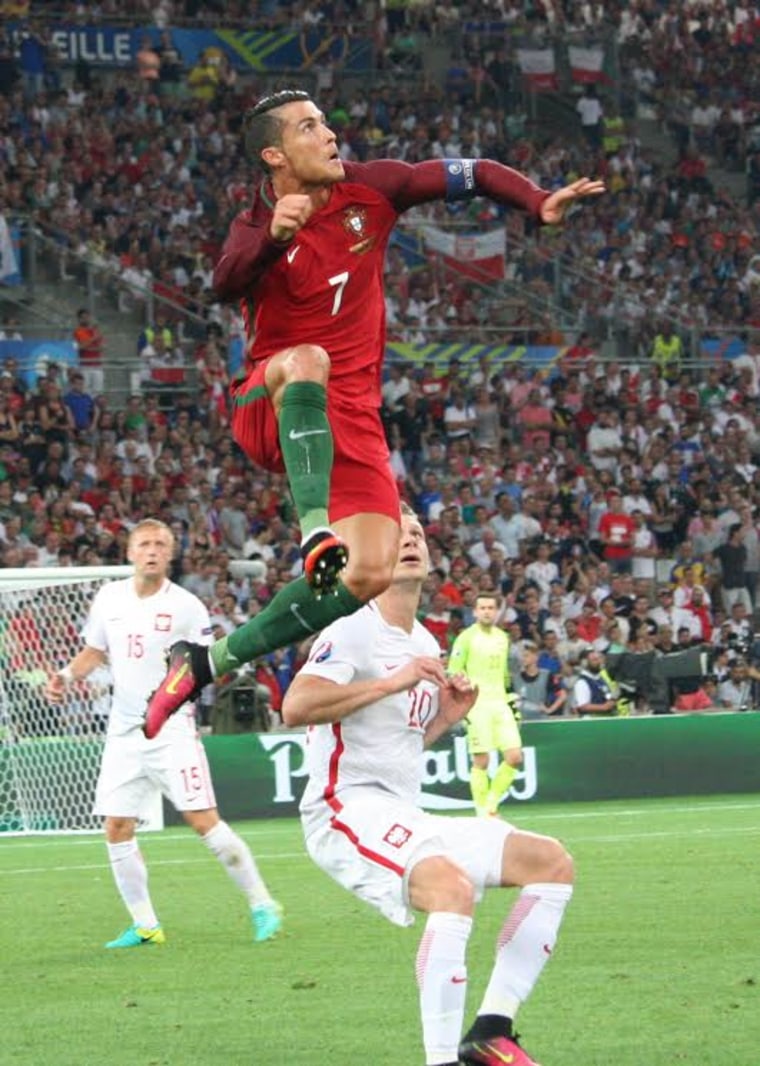
It was nearly tragic that Ronaldo could not play most of the EURO final against France in Paris due to an injury. Still, his charisma, coupled with coach Fernando Santos’ catenaccio style, helped Portugal win an historic title. Other teams played much more aesthetically-pleasing football, most notably Wales. But it was a tournament of surprises, as was shown by minnows Iceland.
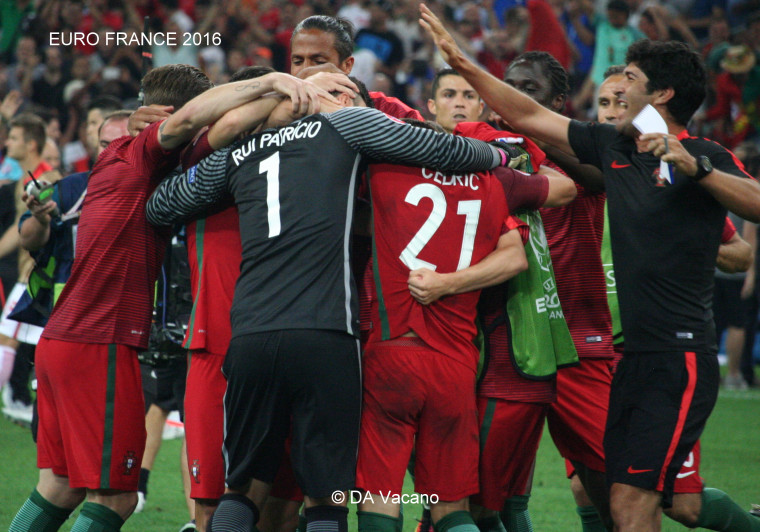
The Icelandic Saga culminated in a breathtaking and historic defeat of England in Nice, where it seemed half of the entire Viking nation was present with irrepressible, enthusiastic fans of all ages. Other individuals shone brightly at the EURO as well, such as Belgium’s Eden Hazard and his future coach at London’s Chelsea, Antonio Conte.
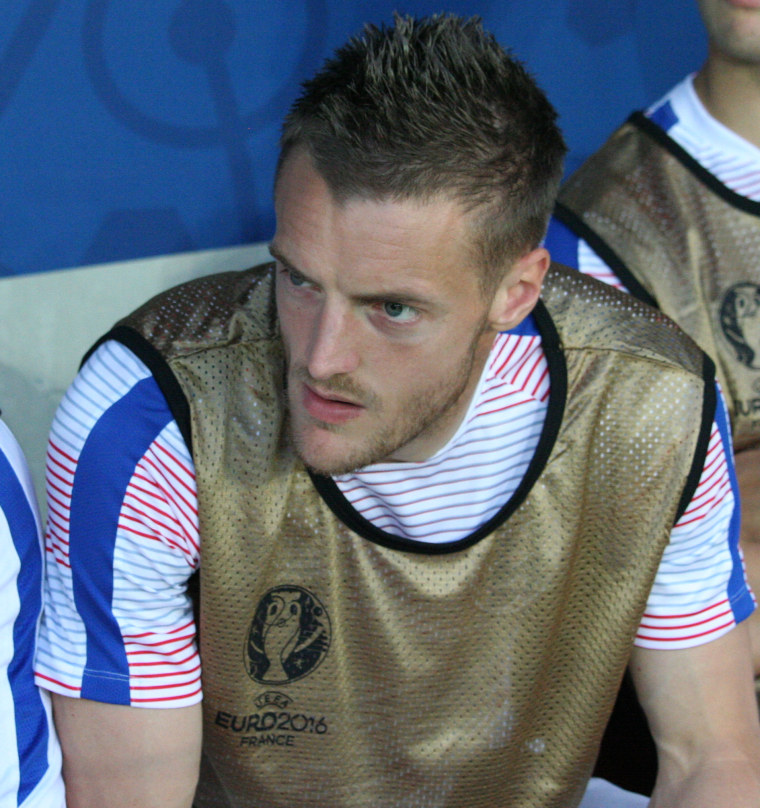
Conte got far with Italy despite having a relatively weak side. He would go on to take a dispirited Chelsea team all the way to the top of the league in the Premiership by December. There, he would meet another of the figures of 2016: former Chelsea boss Claudio Ranieri, whose miracle Cinderella story brought long-ridiculed Leicester to the 2016 championship, in large part due to the goal-scoring machine Jamie Vardy .

The Bad
But the peaks of 2016 would not be possible without some nadirs. Ironically, both globalization and Messi reappear here. The downside of the former is that the Chinese soccer market is now a major force on the scene, even as it lacks a competitive national league. It has attracted some of the game’s biggest names, such as former Chelsea star Oscar as well as some lesser-known Latin Americans, like Bolivia’s. Oscar was transferred to Shanghai for sixty million pounds, despite China not having much of a footballing tradition.
This distortion of the world transfer market will have deep repercussions. It is even more eye-catching due to the fact that the government of China is starting to invest heavily in soccer for its global image. Owing to multi-million dollar global television deals, FIFA tried video replay for referees during the Club World Cup in Japan, yielding dismal results. In a semi-final game, a review that led to a penalty for Kashima Antlers against Atlético Nacional of Colombia resulted in a complete break in the flow of the game, a central appeal of the sport.
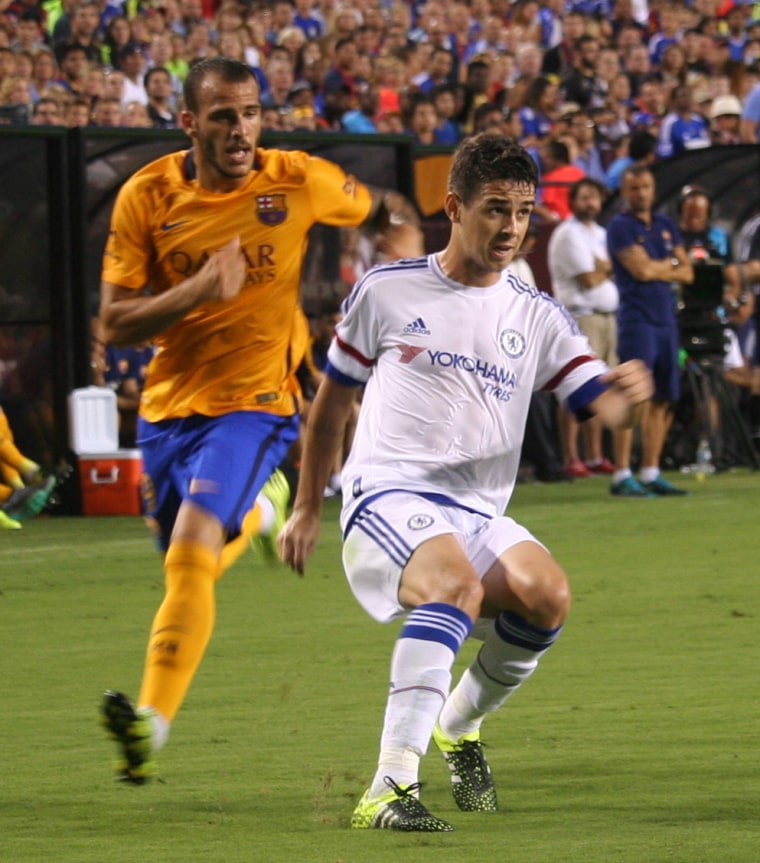
Messi’s long dry run in terms of national-team silverware must be counted as one of the ebbs of the year. It seems he cannot catch a break. Argentina lost the 2014 World Cup final, the 2015 Copa América final, and the 2016 Copa América Centenario final.
Perhaps Diego Maradona was right when he told Pelé (not aware of a hot mic), that Messi lacks personality. Another Latin star with a dry spell is Mexico’s Javier “Chicharito” Hernández . He has not scored in three months, despite having played in the past for the likes of Manchester United and Real Madrid.
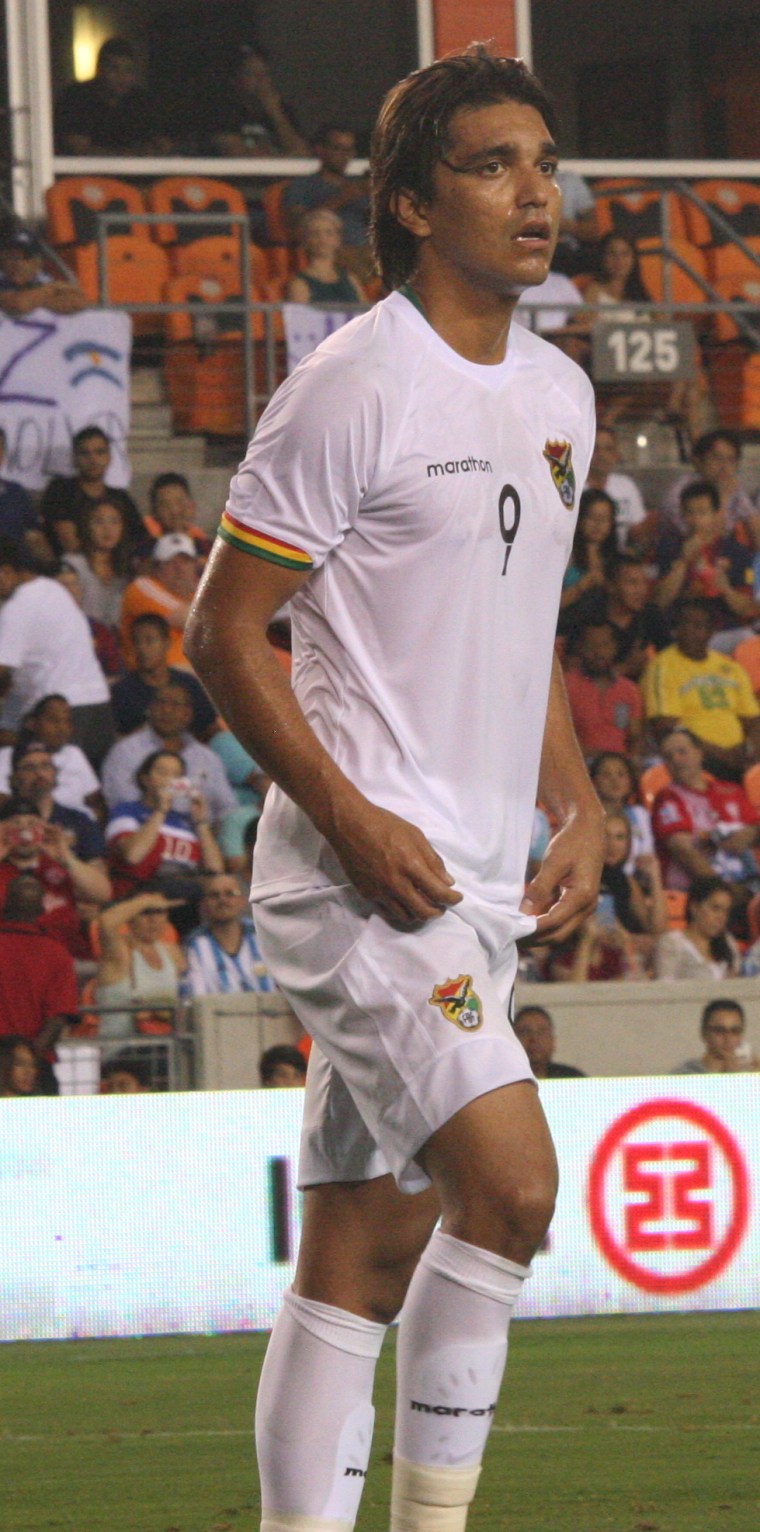
Other low points that must be noted are the some organizational issues during Copa América Centenario. Not only were some tickets extremely expensive (a few games averaged $236 per ticket), but national anthems were played incorrectly at some games.
In the match between Mexico and Uruguay, the national anthem of Chile was played instead of that for the South American country. In Europe, the big slip-up was England’s EURO performance, with coach Roy Hodgson extending England’s dismal national-team run since 1966 with bad choices, such as playing Jack Wilshere despite the former Arsenal player’s long-term injuries. England’s defeat to Iceland must be counted as one of the biggest upsets in the history of the sport.
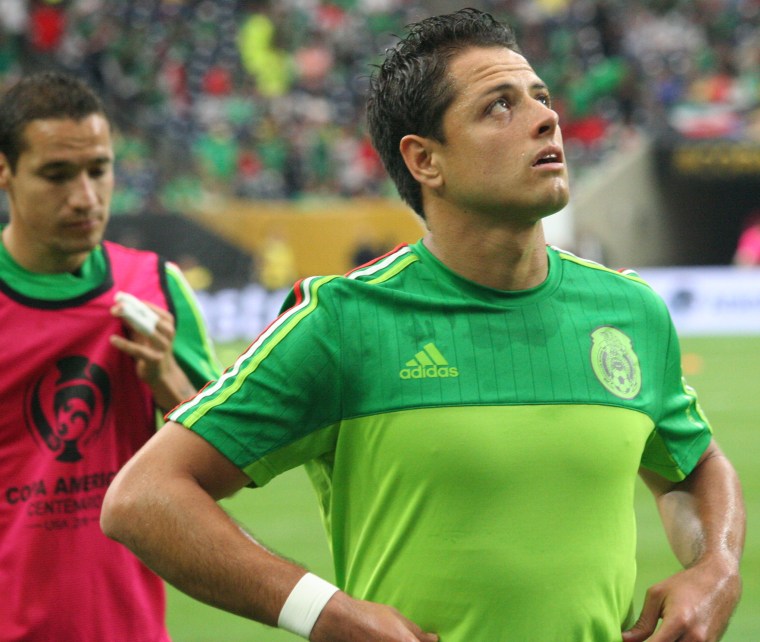
The Ugly
Finally, we come to some of the darker sides of the game in 2016. The most shocking news was the death of most of the Chapecoense team from Brazil on its flight’s crash as it was headed to Colombia on Bolivian airline LaMIA. This tragedy underscores the lack of professionalism and accountability among some soccer-related businesses in Latin America.
But the misuse of dirty money is not limited to South America. In Europe, England’s new national team coach, Sam Allardyce, was sacked after managing only one game due to his indiscretion regarding shady player transfers. Paul Pogba’s 89 million-pound transfer to Manchester United, followed by pedestrian performances on the pitch, makes us wonder why some players are priced so dearly.
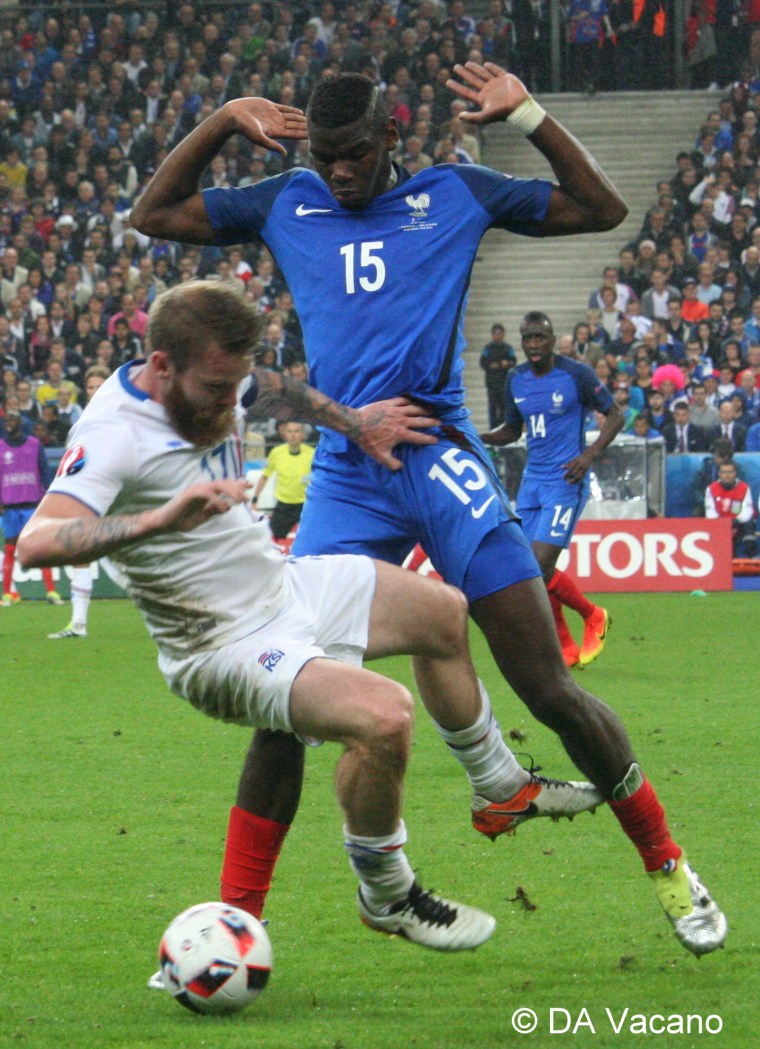
Discrimination and harassment are still part of the global game. EURO 2016 was marred by racial incidents, even if they were not widespread. In Marseille there were reports of hooligans running riot, reportedly seeking out French fans of North African descent to beat up. Croatian and Hungarian fans were caught in racial rows. And French Real Madrid star Karim Benzema claimed that racism was rampant in the French national team (despite the fact that his exclusion from the team was due to his involvement in a sex-tape extortion scandal involving a teammate).
At the same time, Cristiano Ronaldo constantly suffers from opponents’ anti-gay slurs, and Mexican fans continued to yell a well-known homophobic epithet in Spanish whenever the opposing goalkeeper punted the ball during Copa América Centenario, something that remains pervasive among Mexican fútbol fans.
Despite these low points, 2016 was a good year for football, from Bordeaux’s majestic Matmut Atlantique stadium to the energy of Houston’s NRG field.
Messi’s return to football after briefly quitting the national team ought to augur well for Latinos in world football. And globalization works both ways: French star André-Pierre Gignac now plays for Mexican side Tigres. On the other hand, FIFA plans to expand the World Cup to 48 teams beginning in 2026.
This radical change represents the complete globalization of the game, but at the same time it may reflect economic interests rather than the good of the sport as such. Let’s hope that these trends do not spoil the Beautiful Game in the long run.
Diego Von Vacano is associate professor of political science at Texas A&M University and an avid fútbol fan.
